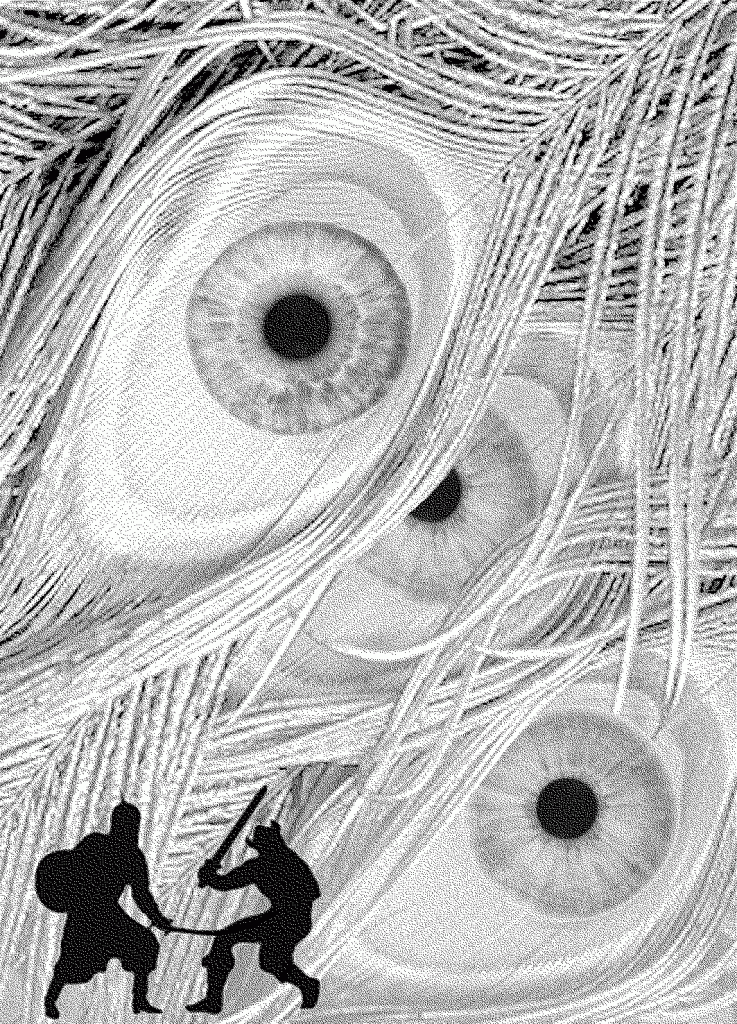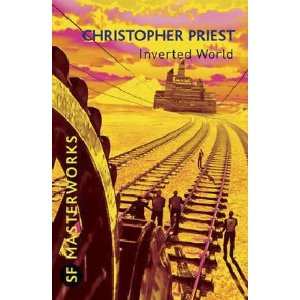A new story of mine – ‘Day 29’ – is just out in Asimov’s. When I submitted it, Sheila Williams (Asimov’s editor) commented that they didn’t usually take horror stories Funnily enough, it hadn’t really occurred to me that it was a horror story until that point. Looking back, it occurs to me that there has been a strand of horror going through a number of my more recent stories, including ‘Karel’s prayer’, ‘The Dessicated Man’, ‘Greenland’.
Day 29 is one of those stories which evolve (it wasn’t planned as a horror story, so I suppose that’s why I didn’t notice it had become one.) It’s core is a thought experiment (eloquently summarised by one reader here) about identity, and about the extent to which our individual selves are the product of interaction with others.
The forests of Lutania owe something to The Snail on the Slope, by the Strugatsky brothers. (Like their Roadside Picnic, this is a very nearly unreadable book, which nevertheless leaves a strange and very powerful trace in the mind, like a powerful and numinous dream which you don’t understand but can’t forget. Remarkable books, even though you have to force yourself through them.)
I don’t know for certan, but I imagine I got the idea for the title from Version 43 by my friend Philip Palmer. In this novel, people travel between planets by teleportation, but with a 50/50 chance of arriving dead and mangled at the other end.
In ‘Day 29’, there is also a price to pay for travelling in this way: you lose your recent memories. Everyone arrives at the other end having lost at least 29 days, and possibly as much as 40 days.
So you can be quite sure that anything you do in the last 29 days before you make the leap, you won’t remember.


